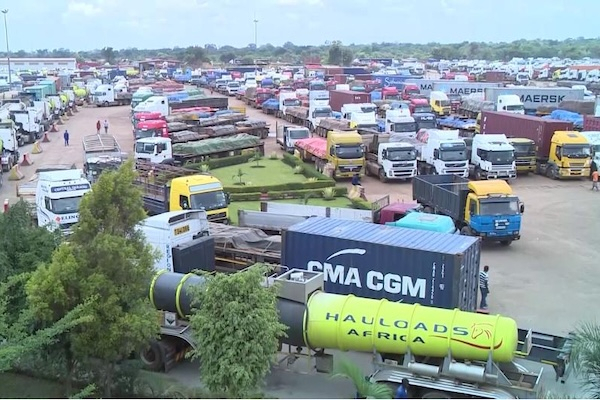Since June 29, the Democratic Republic of Congo (DRC) enforces mandatory source inspections for all imported goods. Under new regulations, suppliers must submit goods for pre-shipment checks directly at their warehouses before exporting to the DRC.
This change follows a May 27 circular and was formalized during a June 24 session between importers, Bureau Veritas, the Congolese Control Office (OCC), and the Single Window for Foreign Trade (GUICE), according to the Federation of Congolese Enterprises (FEC).
Bureau Veritas, accredited by the OCC, plays a central role in implementing this system. After inspecting the goods, the firm issues either a Preliminary Notification (PN) for compliant products or an ARA (Refusal of Certification) for those that fail to meet standards. This advance inspection allows exporters to correct problems before shipping.
Importers must now inform suppliers that all goods destined for the DRC must pass through mandatory inspection. The process evaluates quality, quantity, price, and compliance based on existing contracts and national standards.
All inspection requests must be submitted online via the Verigates platform, per the new procedures manual.
A major change under this reform is that the Verification Certificate (AV) has become mandatory for customs clearance. Issued by GUICE once all documents are approved online, this certificate is now the key document for processing goods at customs.
This overhaul builds on the DRC’s contract with Bureau Veritas BIVAC, signed in 2017, to enforce import controls aligned with national and international standards. The reform aims to streamline border inspections, cut clearance times, and boost regulatory compliance at points of entry.
However, some categories remain exempt from this inspection requirement. These include low-value goods (under $2,500), accompanied personal baggage, humanitarian donations, and perishable products like fresh fruits, vegetables, and fish.
Timothée Manoke, Intern










